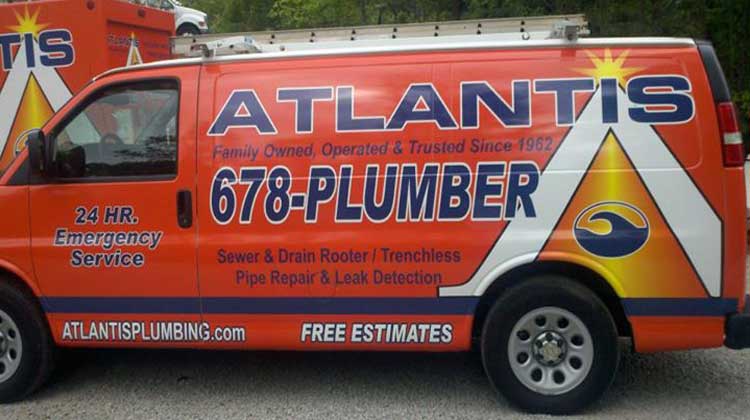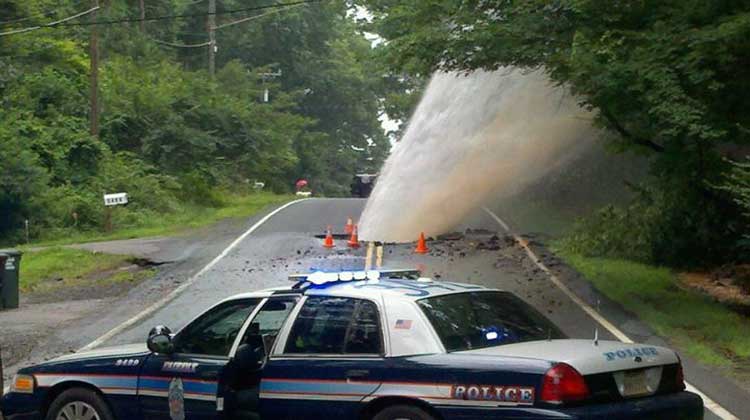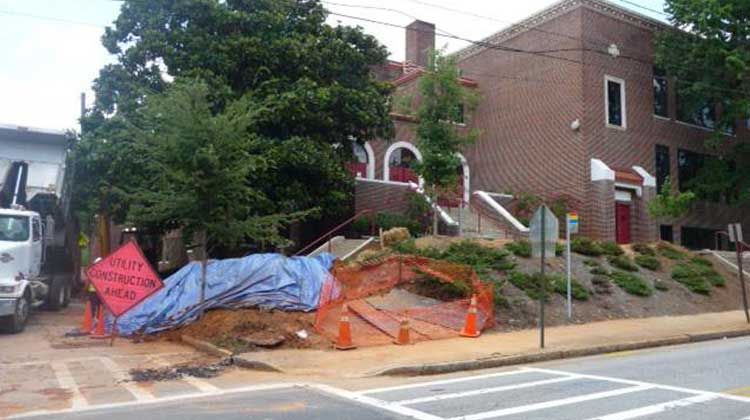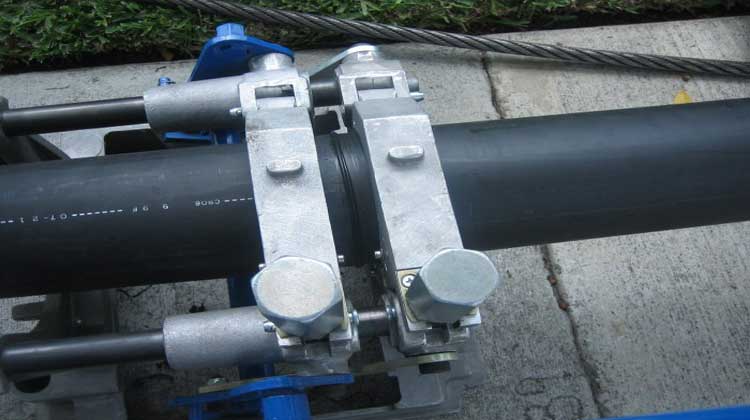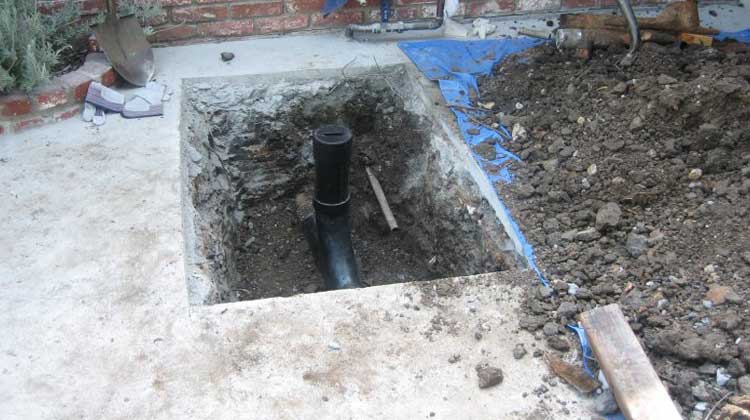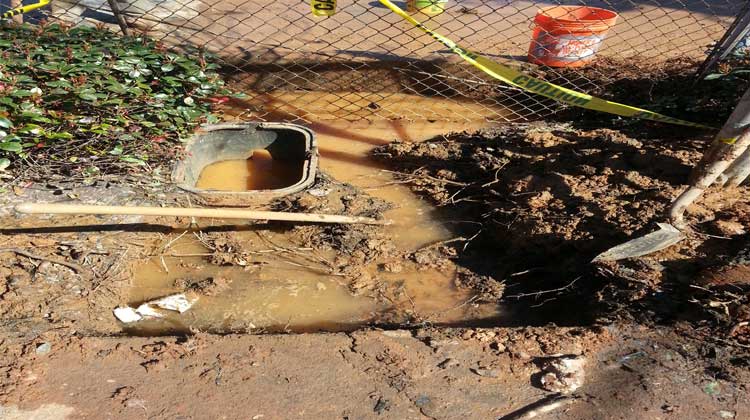Drains and pipes are mundane, but when one of them gets clogged, you start to pay a lot of attention to it. One of the best ways to deal with clogged pipes is with a rooter.
A trained and experienced plumber can use a rooter to remove blockages and obstructions. However, a plumber without the right experience can easily damage pipes and cause more problems. Other useful tools that plumbers employ for blockages include cameras, which help them see the problem and decide how to attack it.
Having the right plumber with the right tools do the job is the fastest and cheapest way to solve plumbing problems.
In Georgia, there are several such problems that can pop up. One common issue in older homes is the presence of polybutylene pipes. Polybutylene, also known as PB, is a type of plastic used in pipes. PB erodes in the presence of chlorine, which is in all tap water from public water sources.
That means pipes built with PB will eventually wear away and start to leak, sometimes catastrophically. PB pipes eventually need to be replaced by pipes with different materials, especially near the fittings. PB is not used in the construction of modern homes, but any home built in the early 1990s or previously might have PB. This is especially true in the South where the use of PB was most common.
If a plumber is not aware of this history, they might not understand the reason for a leak in a Georgia home. They could patch the pipe, but because it is made of PB it will just break again somewhere else. A plumber with experience can see the material and know that it needs a full replacement.
Blockages are very common in pipes, especially sewer lines. They can cause huge problems and disrupt your home life. A rooter can be a major asset for getting rid of blockages. The plumber will use it to carefully move through the pipe until it reaches the block, then deploy the blades to slice up the obstruction and push it away.
That clears the pipe for normal use. Improper use of a rooter can break the pipe. There are some important uses of the rooter, such as when tree roots manage to squeeze into pipes and grow. A rooter can cut away the root and open the pipe again. It is important to note that the root will frequently grow back, and the pipe will eventually need to be replaced.
A sewer camera is an excellent companion tool for a rooter. The camera lets the plumber examine the pipe, learn how it bends, and look at the obstruction itself. This is critical information that lets the plumber determine their game plan for fixing the pipe. It also shows the plumber if there is any other damage or a different reason to choose a tool other than the rooter.
The ability to scout down the pipe gives plumbers the foresight to know not only how to fix the current problem, but how to prevent it from reoccurring in the future.
One common thread through all of this is that a plumber who does not do a good job risks bursting the pipe. That means you need to replace it, which is quite expensive and can take even more time. These are heavy tools which need precise guidance: pushing too hard in the wrong direction can cause a break.
That is why it is so important to make sure your plumber has a lot of experience and a current Georgia license. Don't let your home be a practice case for an inexperienced plumber, and don't try to save money by going to an amateur or trying to do the repair yourself.
Those are simply going to cause more problems. Go with a dependable professional with good reviews and a long work history.
We offer services throughout:
Fulton County, Bartow County, Cobb County, Dekalb County, Cherokee County, Gwinnett County, and Douglas County.
Acworth GA, Atlanta GA, Austell GA, Cartersville GA, Doraville GA, Douglasville GA, Hiram GA, Kennesaw GA, Lawrenceville GA, Lithia Springs GA, Loganville GA, Mableton GA, Marietta GA, Powder Springs GA, Rockmart GA, Roswell GA, Smyrna GA, Tucker GA, Villa Rica GA, Vinings GA, Woodstock GA, and surrounding communities.



